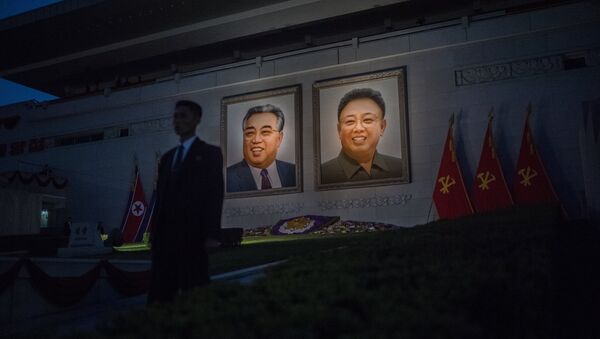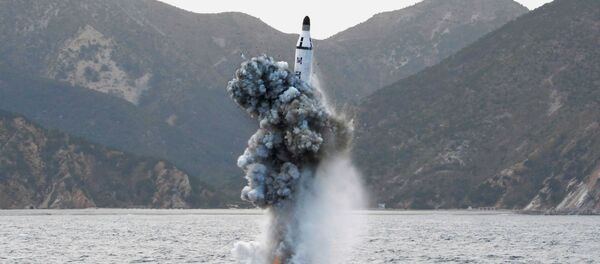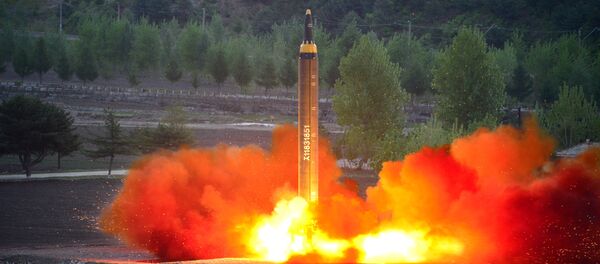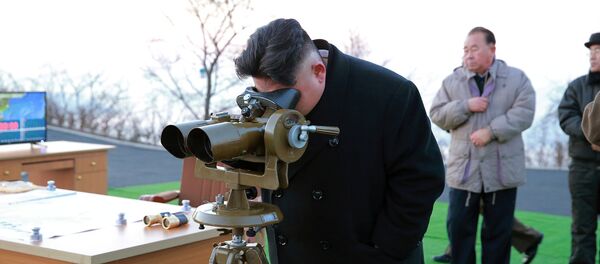Abt began working in North Korea as a representative of the Swiss engineering group ABB, and later became managing director of a drug manufacturing plant built with foreign funds.
He was closely involved in setting up the country's first foreign chamber of commerce, the Pyongyang Business School, and Nosotek, a North Korean software company whose developments include the game "Pyongyang Racer."
Abt, who now lives in Vietnam, detailed his experiences in an interview with Sputnik Deutschland. He has also written a book about his experiences, called "A Capitalist in North Korea: My Seven Years in the Hermit Kingdom."
"There were 12 of us foreigners living in North Korea, who founded the European Business Association in Pyongyang in 2005. This was the first-ever foreign chamber of commerce in North Korea. Later, Chinese businessmen also created a Chinese Chamber of Commerce. For many years the European Chamber of Commerce had a stand at international exhibitions in Pyongyang and helped European companies to gain a foothold in North Korea and North Korean companies to find business partners in Europe," Abt explained.
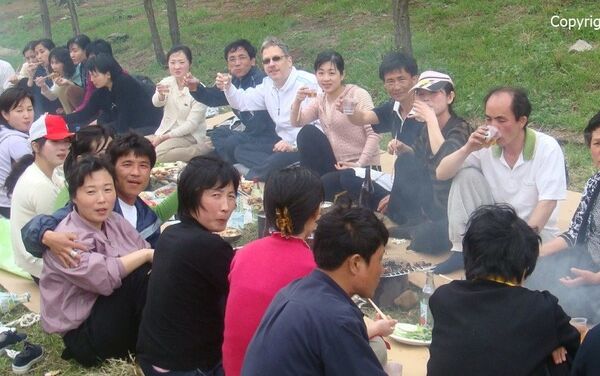
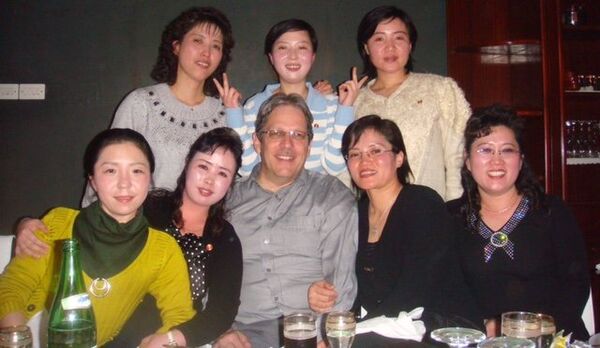
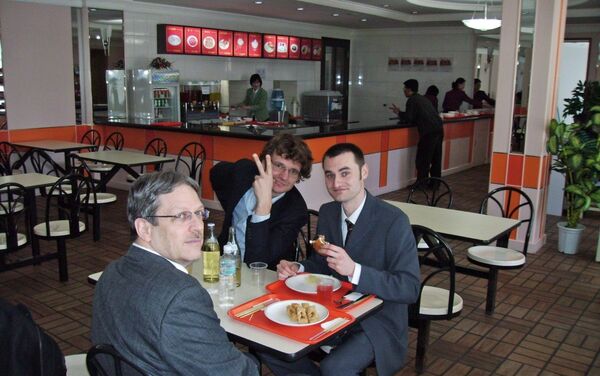
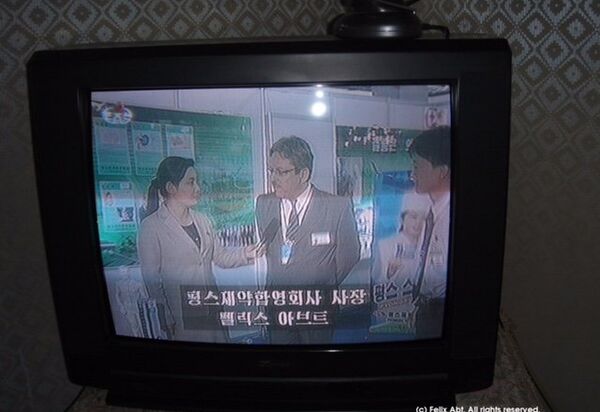
The businessman said that he and his fellow entrepreneurs were keen to provide a bridge between Europe and North Korea and promote business ties. Despite some success, most European companies were scared away by the prospect of sanctions.
"At that time, we were building a bridge between Europe and North Korea. However, European companies large and small have lost their interest in North Korea over the years because they fear that they would have to pay for a modest commitment in North Korea with the loss of larger markets in the West. In the meantime, this Chamber of Commerce has ceased its activities and there are no European businesspeople permanently residing there [in North Korea]. However, the Chinese Chamber of Commerce continues to exist."
"This year, at the instigation of the US, the UN banned the export of North Korea's most important commodities – metals, minerals and coal. If China, by far its most important trading partner, fully adheres to this embargo, North Korea will lose almost all of its foreign income overnight. It can't do anything without this foreign income. This would be a serious blow to the economy and the countless North Koreans who make a living from importing goods. This would really shrink the economy, which has been growing over the past several years, and could lead to famine like in the 1990s," Abt warned.
"The standard of living has greatly improved over the past fifteen years, not only in the capital but also in the countryside. Reforms have made a contribution to this: farmers are now allowed to sell part of their goods on the market and keep the profits for themselves. Throughout the country, an entrepreneurial middle class has developed. Markets and shops are well supplied, there are more and more restaurants and there are the first traffic jams in the cities."
In order to help North Korea out of international isolation, other countries should negotiate with Pyongyang instead of imposing sanctions, Abt said.
"Instead of strangling the country with sanctions, we need to cultivate contacts there in many ways. Only by going there can you know the intentions of the North Koreans and influence things for the better. Foreigners who deal with North Koreans confront them with new ideas, which they question but often accept, as I know from my own experience."
In recent months, tensions between the US and North Korea have increased. As Pyongyang continues to develop and test nuclear weapons and ballistic missiles, Washington has demanded the complete abolition of these weapons.
"North Korea has closely observed what happened in Iraq and Libya when these countries did not have any weapons of mass destruction. Saddam and Gaddafi had nothing left to deter the West from waging war against them. The North Korean leadership will not give up nuclear weapons, so that it doesn't suffer the same fate. But it will certainly not use nuclear weapons first, because that would certainty mean its end."
"If the Trump administration really wants to end the almost 70-year-old Korean War with a peace treaty and normalize relations, which North Korea has wanted for a long time, he has to take into account North Korea's security needs. A compromise would be that North Korea stops the production of additional nuclear weapons, but it might retain some of the existing ones. This would also be best regulated by a regional security pact that neighboring states would also have to contribute to," Abt suggested.
North Korea's most recent missile test was last Sunday, when it successfully test-fired a new surface-to-surface ballistic missile.

The missile flew 787 kilometers along its planned trajectory, reached a maximum flight altitude of 2,112 kilometers and dropped into the open sea, according to a report by KCNA news agency.
Some observers believe that the missile test was prompted by the US attack on a Syrian army base last month. According to reports, North Korea is making preparations for a similar attack from Washington and repairing walls to better protect itself from airstrikes.

